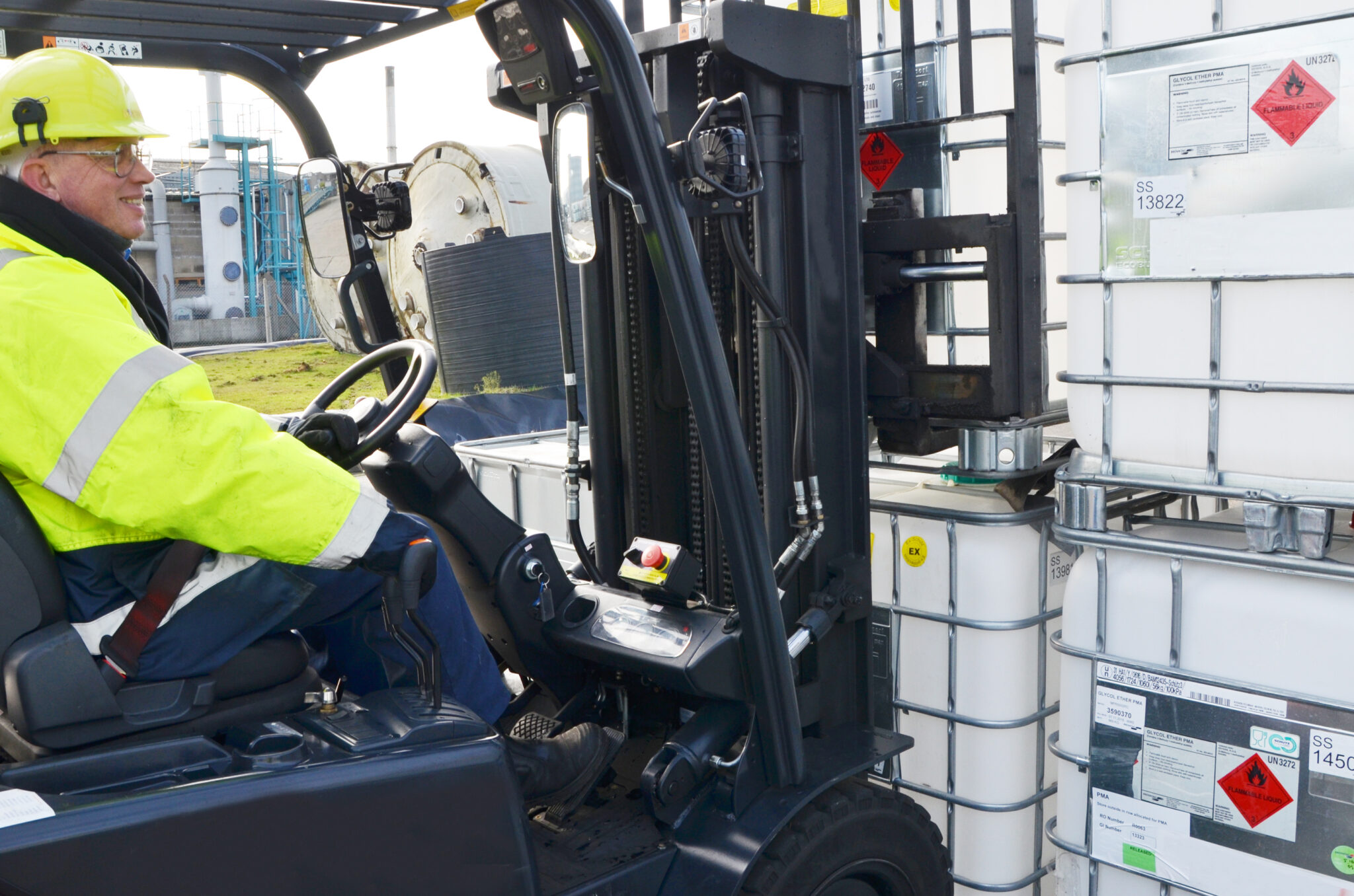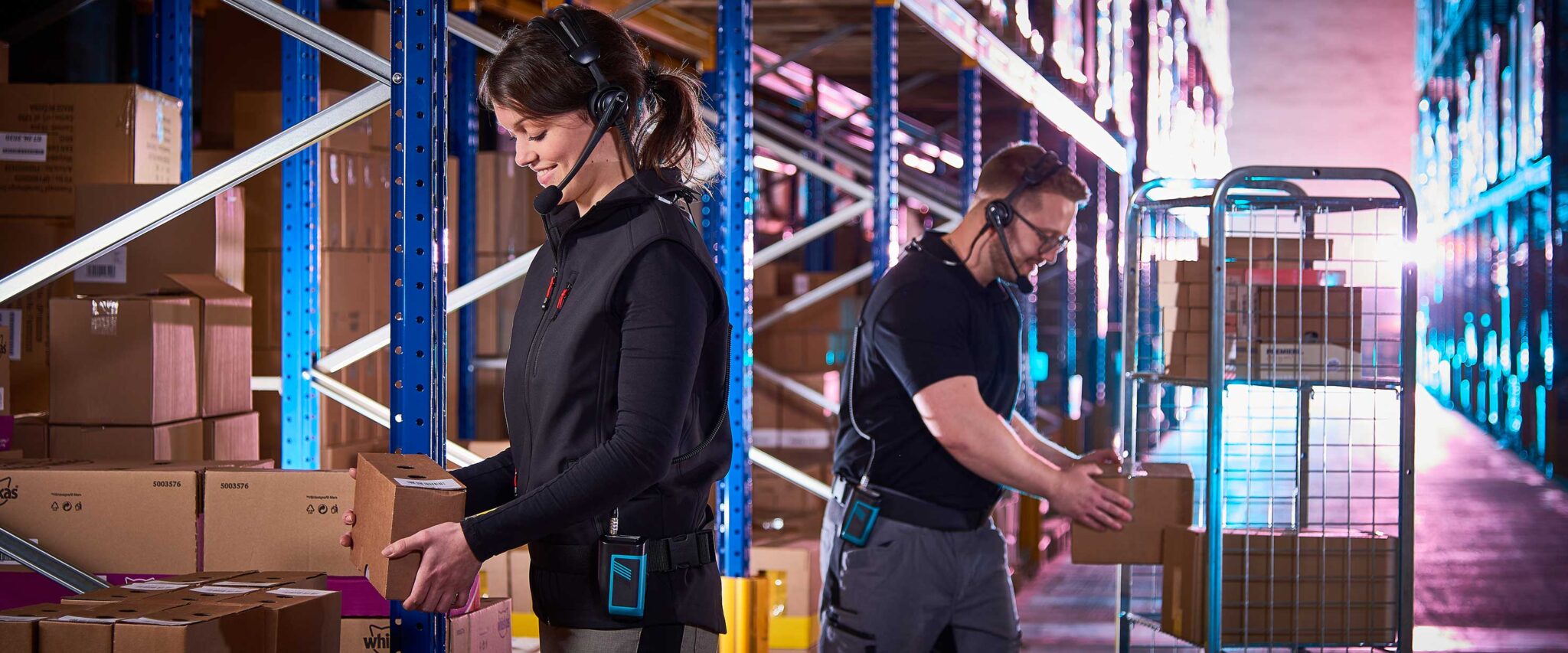In 2020, gender diversity is more than just a buzzword. It can be found on almost all corporate and government agendas and gender parity is seen as a hallmark of progress for modern operations. While there’s no doubt progress is being made – 33% of board members in FTSE100 companies are now made up of women – women-led businesses remain significantly underrepresented across global supply chains.
This is a loss for more than just slogans or quotas. A gender diverse supply chain impacts profits as much as it does partiality and global leaders must be more proactive if they are to reap its commercial benefits. So, where do things currently stand?
Supply chain diversity today
An estimated 35% of firms worldwide are owned or run by female entrepreneurs.[1] In the US, the number of women-owned businesses increased by 21% between 2014 and 2019, outpacing the overall growth of businesses by 11%[2]. This said, women-owned businesses account for less than 1% of global and corporate supply chains.
This is discouraging and yet organisations are increasingly waking up to the issue. A recent study by the Women’s Forum for the Economy and Society in partnership with Kearney revealed that 35% of firms across a range of industries surveyed in Europe and North America have a supplier diversity programme, and a further 18% intend to develop one within the next three years. Progress, yes, but not nearly enough. As this stands almost half of those surveyed would not have a programme in operation by 2022 of which some may take many years to start having a tangible impact. To accelerate the pace of change, the case for taking action must be made clearer.
Extending beyond CSR
The business case for diversifying supply chains is strong, but the benefits are not always realised, even by those who have been implementing programmes. At present, the primary drivers of supplier diversity are meeting CSR commitments (59%) and ‘doing the right thing’ (45%). Innovation and cost benefits feature lower on the list, but there’s no reason this should be the case.
More than one third of companies who diversify their suppliers report a positive impact on profitability, according to a report by UN Women. A further study by the benchmarking firm Hackett Group found that, on average, supplier diversity programs can add $3.6 million to the bottom line for every $1 million in procurement operation costs. Why is this the case? There are many reasons but broadly speaking, it’s quite often the case that big doesn’t always mean cheaper. Smaller businesses, which are more likely to be women-owned, can offer greater cost savings and more innovative products.
The lack of a truly competitive market means established suppliers won’t be in any rush to innovate or their scale acts as a structural constraint to change. However, if decision makers start recognising smaller but nimbler challengers – who can offer more creative solutions – in the bidding process, the market itself would grow and innovate quicker. Diversity of background brings diversity of perspectives, which can be vital to transforming male-dominated sectors like manufacturing – where only 29% of companies have supply chain diversity programmes.
Unlocking its value
With over half of organisations reporting difficulty in identifying suppliers who meet the requirements of their programme, it’s clear that gender-diverse businesses must have greater visibility. In the modern world, visibility means data. One way to amplify data is by employing technology that can put it to good use. For example, digital assessment tools are one way of benchmarking a firm’s room for improvement by enabling them to target specific areas and open opportunities for more diverse suppliers.
Of course, visibility works both ways which is why collaboration and commitment is key to unlocking the value of diverse supply chains. This starts with initiatives such as increasing the number of women at board level, to actively supporting the growth and development of suppliers with potential who might not be able to meet requirements yet.
Driving real change means developing strategies that tackle the root cause of inequalities in the supply chain and building from there. It is an industry wide effort that begins with leaders acknowledging it is the right thing to do, but then recognising that it is also so much more than that and committing to tangible actions to accelerate change.
Unlocking the Value of Gender equality in Supply Chains is Authored by Imran Dassu, Senior Partner at Kearney and written exclusively for Logistics Business Magazine
[1] World Bank. (2018). World Development Indicators: Women and Development. World Bank World View.
[2] American Express, 2019 State of Women-Owned Businesses Report







